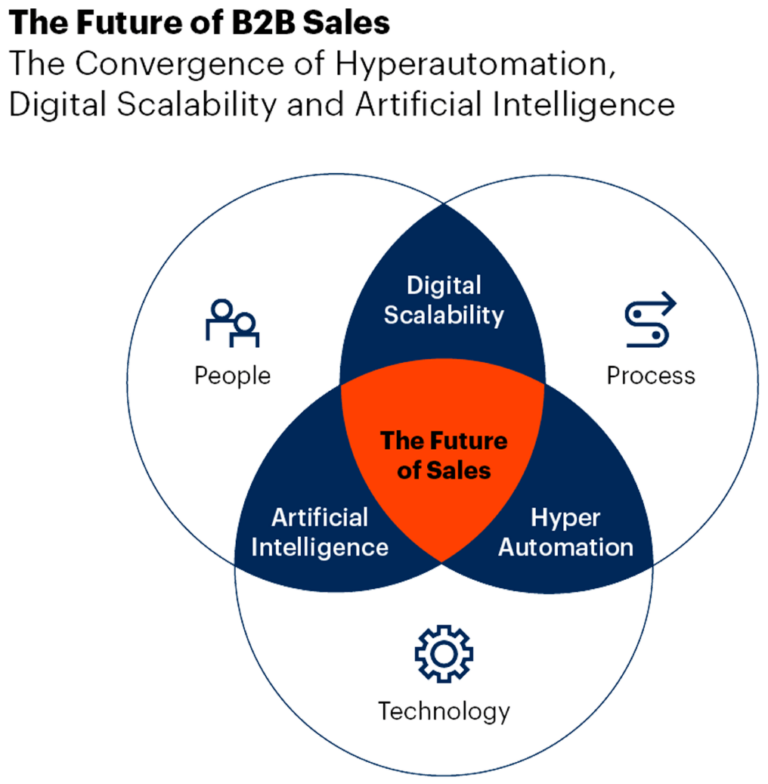In the ever-evolving landscape of digital commerce, personalized marketing has emerged as a cornerstone strategy for businesses aiming to capture and retain customer attention. As we step into 2025, the demand for highly tailored customer experiences continues to grow, driven by advancements in artificial intelligence, machine learning, and data analytics. Personalized marketing allows businesses to go beyond generic campaigns, offering customers unique and relevant experiences based on their preferences, behaviors, and past interactions. This approach not only improves engagement rates but also fosters deeper connections between brands and consumers, ensuring long-term loyalty.
The shift toward personalization is a response to the changing expectations of modern consumers, who now value relevance and immediacy in their interactions with brands. Businesses are increasingly investing in innovative tools and strategies to achieve this, leveraging insights from big data and AI to deliver targeted content and offers. Whether through customized email campaigns, dynamic website experiences, or tailored product recommendations, personalization is becoming a critical component of successful marketing in 2025. For businesses exploring the potential of personalized marketing, the journey starts with understanding its principles and integrating it effectively into their broader digital strategy.
AI plays a pivotal role in the evolution of personalized marketing. By analyzing vast amounts of data, AI can identify patterns and predict consumer behavior with remarkable accuracy. This technology allows marketers to create hyper-targeted campaigns that resonate with specific audience segments. For instance, an online retailer can use AI to recommend products based on a customer’s browsing history, purchase patterns, and preferences. This level of personalization enhances the shopping experience, driving conversions and customer satisfaction. Businesses looking to incorporate such tools should explore the latest AI technologies tools to stay competitive.
The Importance of Data in Personalized Marketing
At the heart of personalized marketing lies data—lots of it. In 2025, businesses are collecting and utilizing data more efficiently than ever before. From customer demographics and purchase histories to real-time browsing behavior, data provides the foundation for crafting personalized experiences. The key to success lies in how this data is analyzed and applied. Advanced analytics tools powered by AI can sift through mountains of information to uncover actionable insights, enabling marketers to make informed decisions.
For example, predictive analytics is a powerful tool that helps businesses anticipate customer needs and preferences. By analyzing past behavior, businesses can predict future actions, such as when a customer is likely to make a purchase or which products they might be interested in. These insights allow brands to proactively engage with their audience, offering solutions before customers even realize they need them. Companies investing in digital services that prioritize data-driven decision-making will see significant benefits in their personalized marketing efforts.
Moreover, data security and privacy have become critical concerns for consumers, and businesses must address these issues transparently. Implementing robust data protection measures and adhering to privacy regulations is essential for building trust. By demonstrating a commitment to safeguarding customer data, brands can strengthen their relationships with consumers while maintaining compliance with legal requirements.

AI-Driven Personalization Across Channels
Personalized marketing is not limited to one platform or channel; it spans the entire customer journey. In 2025, businesses are leveraging AI to deliver cohesive and tailored experiences across multiple touchpoints, including email, social media, websites, and mobile apps. This omnichannel approach ensures that customers receive consistent messaging and value, regardless of how they interact with a brand.
Email marketing remains a powerful tool for personalization. AI enables businesses to create dynamic email campaigns that adapt to individual recipients. From personalized subject lines and content to tailored product recommendations, AI-driven email marketing ensures that each message is relevant and engaging. Integrating this strategy with email marketing platforms can significantly boost open and click-through rates, driving higher ROI.
Social media is another key channel for personalized marketing. Platforms like Facebook, Instagram, and LinkedIn offer advanced targeting options that allow businesses to reach specific audience segments. AI algorithms analyze user behavior and preferences to serve personalized ads and content, increasing the likelihood of engagement. For instance, a fashion retailer can showcase products that match a user’s style preferences, enhancing the overall shopping experience. Businesses focusing on social media marketing can harness AI tools to optimize their campaigns and drive meaningful interactions.
Websites and mobile apps also play a crucial role in delivering personalized experiences. Dynamic content, such as personalized homepage layouts or product recommendations, ensures that users feel valued and understood. AI can analyze real-time behavior to adjust website elements, such as displaying items that a customer is most likely to purchase based on their browsing history. This level of personalization not only improves user experience but also increases conversion rates, making it an essential component of modern online business strategies.
The Role of Content in Personalized Marketing
Content is king, but in the era of personalized marketing, context is queen. Creating content that resonates with specific audience segments is vital for capturing attention and driving engagement. In 2025, businesses are investing heavily in content personalization, tailoring their messaging to align with the unique interests and needs of their customers.
AI-powered content marketing tools enable businesses to create and distribute personalized content at scale. For instance, a business could use AI to generate blog posts, videos, or social media content that addresses the specific pain points of different customer segments. By providing value through relevant and timely content, brands can establish themselves as thought leaders and trusted advisors in their industry. Companies exploring content marketing strategies should prioritize personalization to maximize the impact of their efforts.
Interactive content, such as quizzes, surveys, and personalized product finders, is also gaining traction. These tools engage users while collecting valuable data that can be used to refine marketing strategies. For example, a beauty brand could offer a personalized skincare quiz that recommends products based on a customer’s skin type and concerns. This not only improves the shopping experience but also strengthens the customer’s connection with the brand.
Future Trends in Personalized Marketing
As technology continues to evolve, personalized marketing is poised to reach new heights. Some of the key trends shaping the future of this field include:
- Voice and Conversational AI: With the rise of voice assistants like Alexa and Siri, businesses are exploring ways to deliver personalized experiences through voice interactions. Conversational AI can provide tailored recommendations, answer customer queries, and even assist with purchases, making it a valuable tool for enhancing customer engagement.
- Hyper-Personalization: In 2025, hyper-personalization is taking center stage, combining AI, data analytics, and real-time insights to create experiences that are uniquely tailored to each individual. From personalized product bundles to one-to-one marketing campaigns, hyper-personalization is redefining customer interactions.
- Sustainability and Ethical Marketing: Consumers are increasingly prioritizing sustainability, and businesses are responding by incorporating eco-friendly practices into their personalized marketing strategies. For example, brands can highlight sustainable products or initiatives in their messaging, aligning with the values of environmentally conscious consumers. This trend is particularly relevant for companies in sustainable businesses.
- Augmented Reality (AR) and Virtual Reality (VR): AR and VR technologies are enabling immersive and personalized shopping experiences. Customers can use AR to visualize products in their homes or try on virtual outfits, creating a more engaging and interactive experience. Businesses embracing these technologies will stand out in a crowded market.
Conclusion
Mastering personalized marketing in 2025 requires a combination of advanced technologies, strategic planning, and a customer-centric approach. By leveraging AI, data analytics, and innovative content strategies, businesses can create meaningful and relevant experiences that resonate with their audience. Whether it’s through tailored email campaigns, dynamic social media content, or interactive website features, personalization is key to driving engagement, building loyalty, and achieving long-term success.
As the digital landscape continues to evolve, businesses that prioritize personalized marketing will be well-positioned to thrive in the competitive marketplace. By staying ahead of trends and embracing cutting-edge tools, brands can unlock new opportunities and deliver exceptional value to their customers, ensuring a bright future in the ever-changing world of business trends.

